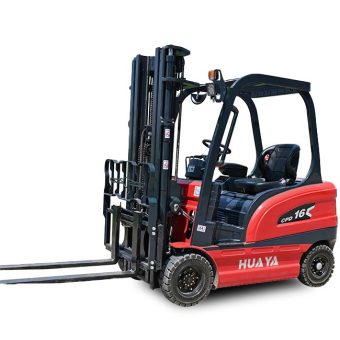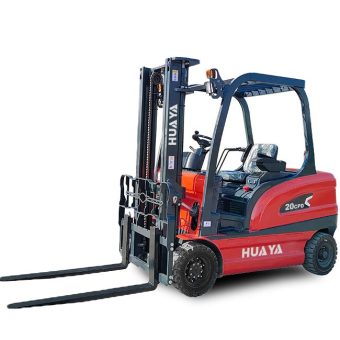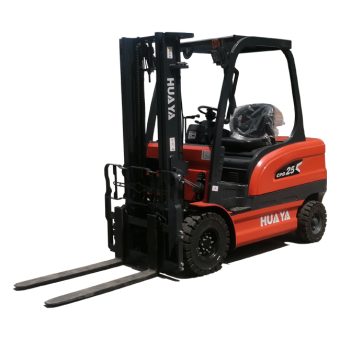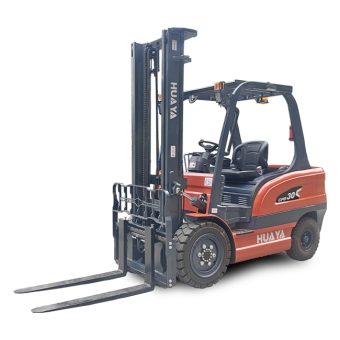
News
Forklifts are essential tools in the world of material handling and logistics, playing a crucial role in the efficient movement of goods within warehouses, factories, and distribution centers. At the heart of every forklift is its pair of forks, which are responsible for carrying and lifting loads. If you've ever wondered whether forklift forks are universal or if they can be easily interchanged between different forklifts, this article aims to provide insights into the compatibility, standardization, and key considerations when it comes to forklift forks.
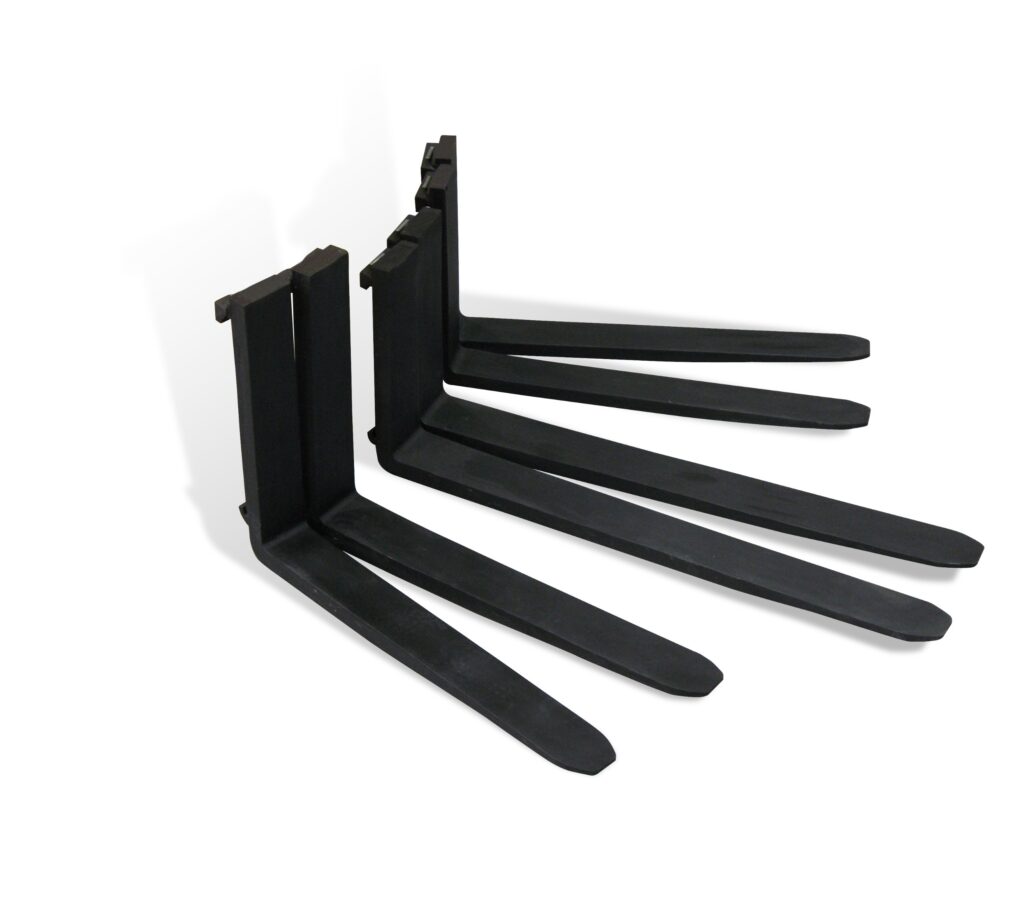
While forklift forks may appear similar at first glance, they are not entirely universal. Their compatibility depends on a variety of factors, including the specific make and model of the forklift, the weight capacity required, the intended application, and even regional standards. Forklift forks are designed to meet the needs of different industries and are not one-size-fits-all components.
Forklift Make and Model: Forklift forks are often designed to fit specific forklift models. Different manufacturers may produce forklifts with varying dimensions and attachment systems, making it important to use forks that are compatible with the particular forklift model.
Weight Capacity: Forklift forks come in various weight capacity options. To ensure safety and efficiency, it's essential to use forks that can handle the weight of the loads you intend to carry. Using forks with insufficient capacity can lead to accidents and damage.
Application: The intended use of the forklift plays a significant role in determining the compatibility of forks. For example, there are specialized forks for handling unique loads, such as paper rolls or barrels. Using the wrong type of fork can compromise safety and efficiency.
Fork Dimensions: Forklift forks come in different lengths, widths, and thicknesses. It is crucial to match the fork dimensions with the loads and pallets you'll be handling to ensure a secure fit and prevent accidents.
To enhance safety and compatibility, there are some standardized dimensions and specifications for forklift forks. Organizations like the Industrial Truck Association (ITA) have established guidelines for the design and manufacturing of forklift forks, helping to promote a degree of interchangeability. Some common standards include fork lengths of 42 inches, 48 inches, and 60 inches, but it's essential to check for the specific requirements of your forklift and application.
Manufacturer Guidelines: Always follow the manufacturer's guidelines for forklift fork selection. The manufacturer's recommendations will specify the compatible fork dimensions and capacity for your forklift model.
Load Weight: Assess the weight of the loads you'll be handling. Make sure the selected forks have the appropriate weight capacity to handle your typical loads.
Application: Consider the nature of your materials and how you'll be using the forklift. Specialized applications may require forks with unique features, such as rounded tips or special coatings for handling delicate materials.
Safety: Safety should be a top priority. Using incompatible forks can lead to accidents and damage to the forklift or the goods being transported. Always ensure that the forks you use are designed for the specific tasks and loads.
Regular Inspections: Perform regular inspections of your forklift forks to check for wear, damage, or signs of bending or twisting. Replace damaged or worn forks promptly to maintain safety and efficiency.
Training: Ensure that forklift operators are trained and knowledgeable about the proper use and maintenance of forklift forks. Well-trained operators can help extend the life of the forks and prevent accidents.
In conclusion, while forklift forks are not entirely universal, there are guidelines and standards in place to promote compatibility and safety. It's crucial to consider factors such as forklift make and model, weight capacity, application, and fork dimensions when selecting forks for your specific needs. By following manufacturer guidelines and industry standards, you can ensure the safe and efficient operation of your forklift while minimizing the risk of accidents and damage. Forklift forks are a critical component of these powerful machines, and understanding their compatibility is vital for smooth and productive operations.
